



There are many instances of fraudsters and gangs exploiting the high demand for Dubai tours, and scammers cheat with fake websites selling non-existent tour packages and loot money. They trap people into taking personal information, mostly at malls and public spaces, persuading them to fill out discount coupons and other freebies. Then they invite potential victims to collect free gifts at a hotel and lure them into so-called tour packages.
To avoid falling prey to this scam, be vigilant about sharing personal information in public places. These types of scams have been reported from cities like Dubai, Sharjah, etc.

The modus operandi behind immigration scams could push victims to anxiety and panic as scammers pose themselves as staff from the General Directorate of Residency and Foreign Affairs (GDRFA). They threaten immigrants with consequences like immediate deportation if they refuse to pay up and also threaten with protracted legal cases.
They also terrorize victims, saying the police are about to arrive if they do not pay. In some cases, the fraudster's caller ID even matched the number on the official website.
In such situations, the best way to save oneself is to contact the police, verify the caller, and never share any sensitive personal details. It must be clear that the immigration and government departments staff never threaten or intimidate people and seek money over the phone.

In this type of impersonation, scammers claim they are government authorities and scare victims to pay up. There will be fake emails or SMS messages demanding fines for alleged traffic violations or accusing you of having visited illegal websites, etc.
The email or flash messages will warn that any failure to make immediate payment will lead to unpleasant consequences, including arrest, penalties, and legal action.
Keep track of emails and SMS that threaten, but avoid replying to save money from scammers. You must know that if at all you are required to make a fine payment, it must be done via the official website of Dubai Police or the concerned app.
A scam is quick to spot out from the poor grammar, an unknown number or ID that does not mention the name of the authority, and a fake link for payment rather than redirecting to the official site for safe payment. If the message is insisting on immediate payment, then it is a super scam. It is common in Dubai, UAE.

Gold is a hot commodity in the UAE, with an array of Gold Souks dedicated to selling the yellow metal. Gold is a prime tourist attraction in Dubai. The excited tourists looking for a good deal to buy gold become targets for scams. One type of scam is duping people with fake gold when selling.
So, make sure to purchase gold only from reputable dealers in the souk and check the quality of the gold before purchase. This scam is common in Sharjah, Dubai, Abu Dhabi, and Ajman.

Exercise care when visiting bars or pubs, as chances of getting drunk with spiked or spurious drinks are high with an intent to rob. Many female tourists have become victims of this fraud. Stringent penalties exist for spiking food or drink, as outlined by the UAE Public Prosecution over abuse of narcotic substances. It involves imprisonment up to five years and a hefty fine too.
So, be vigilant about surroundings in public places and never accept drinks from strangers. Also, never leave your drink unattended. In case a drink tastes very odd, it is likely that strange ingredients might have been mixed. If you suspect that your drink has been spiked, do not hesitate to seek help from bar personnel or security guards. It is common in Dubai.
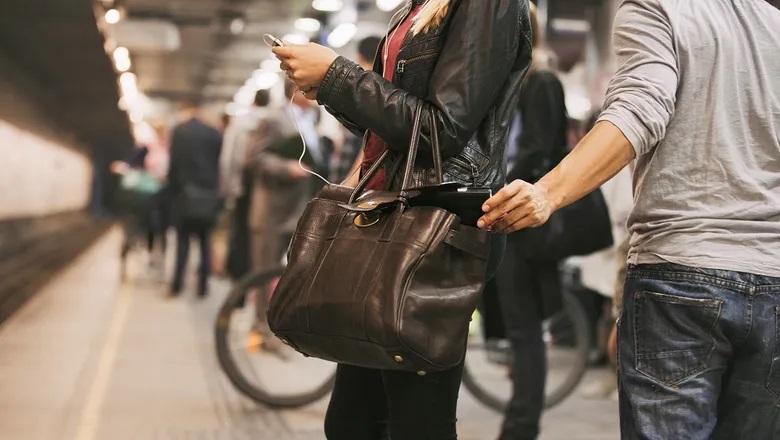
Dubai has reported many pickpocketing incidents. When you are walking on the streets, sometimes a person might approach you with a food item or drink in their hand. Then these people spill the drink or food over you and offer to clean it up. This is a pretext to rob you. So, either clean up yourself in case something spills on you or keep a watch on your belongings. Also, thieves steal from your pockets, creating distractions. Therefore, keep valuables in a bag, not in your pockets, and be alert.
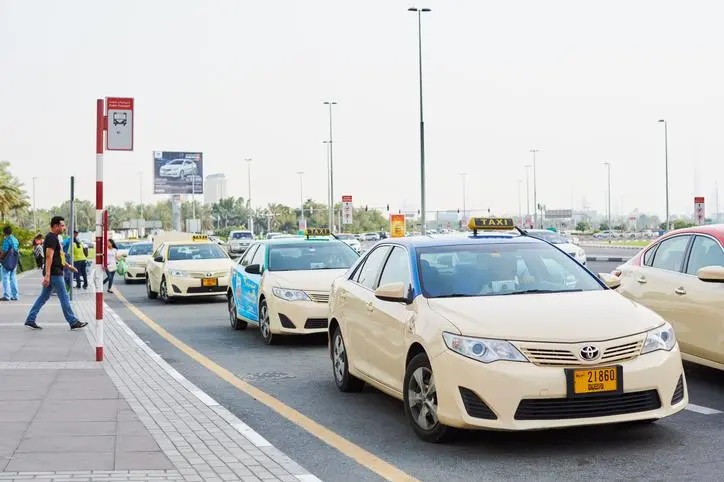
The UAE uses taxis to reach various Emirates and places within. The high demand for taxis and cabs is becoming a space for duping by scammers who try to extract unreasonably higher charges even for short trips.
These taxi scams are mostly linked with unofficial taxis operating without meters with a habit of charging prices on the go. To escape this fraud, try to use officially regulated taxis carrying the RTA logo.
Otherwise, settle on a price before you board the taxi. This is common in Dubai, Abu Dhabi, and Sharjah.
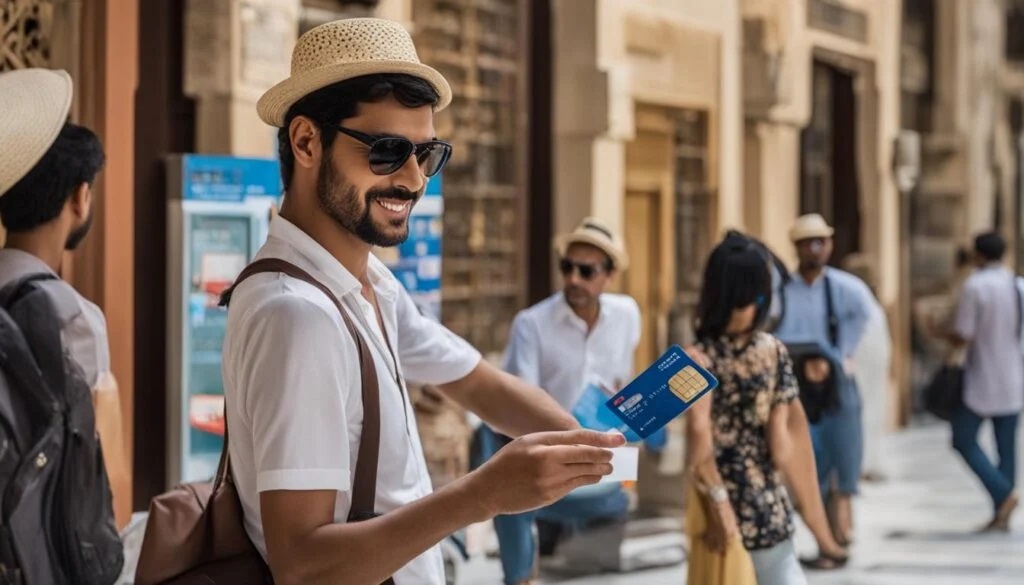
In old city areas of Dubai and Abu Dhabi, incidents of locals claiming to be expert tour guides and soliciting tourist support to accompany them to different places have been reported.
This is a scam, as they demand hefty sums for the service, and if you refuse, the altercation or fight will cause a big scene, embarrassing the tourists. Better stay away from such “amateur” guides. Say no and walk away. There are legitimate tourist guides to hire from official tourist centres in exploring the city.

Many scammers try to trick the vulnerable with attractive dating apps and dupe victims into explicit Skype calls. These recorded calls will be used for blackmail later on. So, avoid doing anything weird or explicit online. Always guard your personal info and stay clear of random friend requests on social media.

There are reports of fraudsters posing as real estate agents and showing fake properties to loot customers. Do double-check such agents' credentials and verify the background. Do deal with only trusted agencies. Also, carefully review all documents before paying.
Scammers will show fake property listings and offer a nice deal with unrealistically low prices. So, before proceeding with any property deal, visit the property to make sure it is genuine and check all documents.

Another scam is fake jobs citing some non-existing job vacancy; they ask for money or personal information. So, before responding to job openings, always research the company and browse official job websites. Also, never pay before starting work.

There are instances of tour operators charging too high even for common tourist activities. Do some research and gather information on fair prices. Also, vendors in tourist spots offer brand-name items at super low prices. It may be a trap; stick to known shops to ensure a real deal.
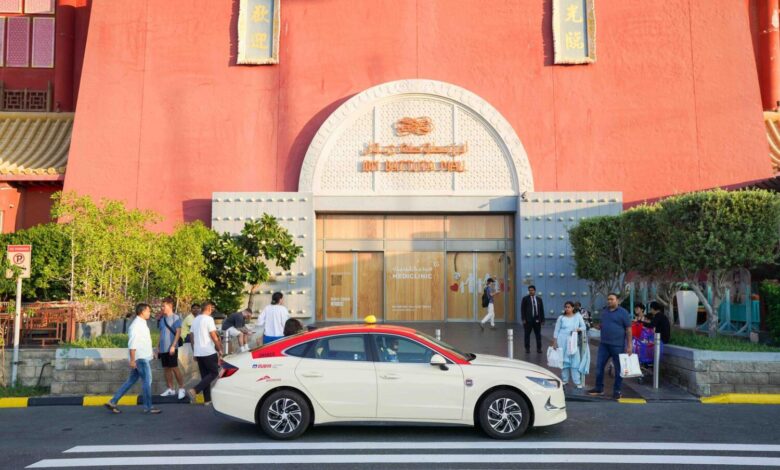
Certain taxi drivers take the long route to charge more. Be aware of the common routes or use ride-sharing apps with transparent prices. Taxi meters can be rigged to charge more. So, check that the meter's running and the fare is right.
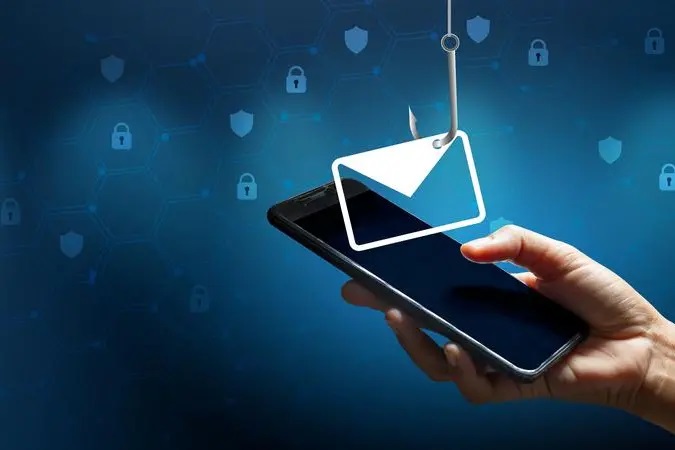
Scammers pose as legit companies to trick people into sharing card details. Never give out card information over the phone or email.

Many fake websites prowl for innocuous customers, promising cheap goods that would never come. So, shop at well-known online stores. If you are offered any lucrative deal, double-check if the website is genuine. Also, never respond to phishing emails that target personal info or seek payments. If you are not sure of the sender's identity, never click on links that look suspicious.

In these phoney games, scammers target people with messages informing them they have inherited money and demand upfront fees. Ignore such messages, as no legit organization will ask for upfront fees. Also, there are scammers who call up to say you won a lottery and share bank account details. Do not share any sensitive personal info with strangers.
In case you get scammed, be proactive and make a complaint with the agencies concerned. But keep ready maximum proof in terms of emails, text messages, call recordings, financial transaction records, photos, screenshots, etc. This helps the officials to track down the fraudsters at the earliest and take action against them.
The Dubai government has many proactive mechanisms to address the menace of tourist scams in Dubai, and they solve the grievances of tourists and visitors. The department of tourism police in Dubai runs a toll-free number, 901, where victims can register complaints. Similar helpline numbers are also available in Abu Dhabi, Sharjah, Ajman, etc.